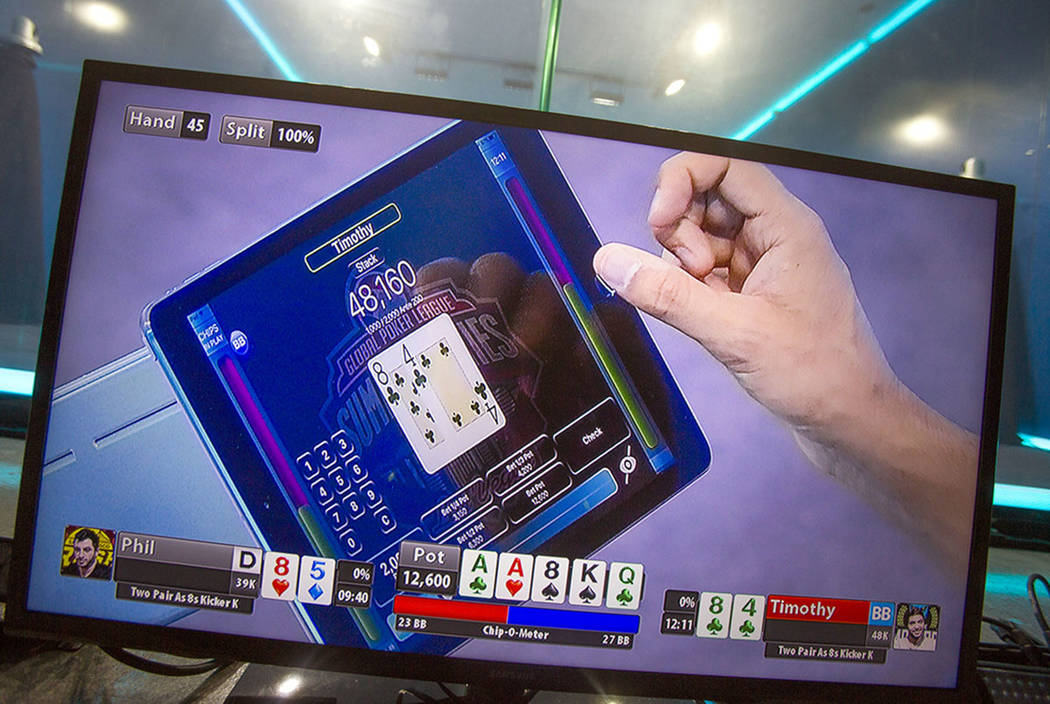New Wire Act interpretation affects gaming regulators, consumers
Just when it was looking like nationwide online sports wagering had a chance of catching fire, the U.S. Department of Justice stepped in and might have broken up the party.
It started when Justice Department lawyers decided to take a crack at reinterpreting a decision reached in 2011 on the Wire Act of 1961.
A handful of states, including Nevada, have drafted legislation and regulations based on an earlier interpretation of the Wire Act — a law aimed at regulating long-distance communications about gambling and not the internet we never saw coming in 1961.
The law was passed during the Kennedy administration as a means of prosecuting and punishing members of organized crime.
The 2011 interpretation clarified that sports betting across state lines was still illegal, but there were cutouts for online poker, fantasy sports and lotteries.
Now the department lawyers say the 1961 law applies to any form of gambling, placing doubt on the future of those big multi-state lottery jackpots and whether poker players in Nevada will be able to compete against their counterparts in New Jersey and Delaware.
While interstate sports betting was viewed as a possibility after the U.S. Supreme Court struck down the Professional and Amateur Sports Protection Act in May, it remained illegal.
The new interpretation of the Wire Act issued Monday is viewed as a step backward by sports betting proponents.
It also presents a new dilemma for Nevada gaming regulators. They have generally said that if the Justice Department says an activity is illegal, you shouldn’t do it, or you risk putting your gaming license in jeopardy. That’s always been the reason recreational marijuana use is strictly banned at resort properties, and it’s why any prospective legalization of pot lounges wouldn’t bring them into casinos.
Now that Nevada has a law allowing interstate online poker, regulators will have to re-examine what that means under the new interpretation. Is it illegal and thus banned? Will Nevada’s laws be grandfathered in?
State Gaming Control Board Chairwoman Becky Harris said in an interview last week that since Congress is in session, federal lawmakers could step up and approve legislation clarifying the intent of the Wire Act interpretation and give direction on what happens next.
Most people are not getting their hopes up about that.
Congress has demonstrated how reluctant it is to step into gaming policy debates. It had the opportunity to do that once PASPA was struck down. There’s no reason to think it’ll want to get involved in the internet gambling issue.
Besides, there are more pressing issues members of Congress could be resolving, such as the border wall question and the partial government shutdown.
While the gaming industry would like to think lawmakers could focus on its issues, the fact is there are far more pressing things to solve than whether gambling should be allowed over the internet.
Contact Richard N. Velotta at rvelotta@reviewjournal.com or 702-477-3893. Follow @RickVelotta on Twitter.
State Gaming Control Board Chairwoman Becky Harris took on the issue of sexual harassment in the gaming industry, the collapse of Steve Wynn's empire and the #MeToo movement a few days after walking into her new office a year ago.
Now, a new chairwoman, Sandra Douglass Morgan, board member Terry Johnson and a board member to be name later — Shawn Reid will leave by the end of January after two four-year terms in office — will get to pick up the policy-issue pieces the new Justice Department interpretation has brought.























